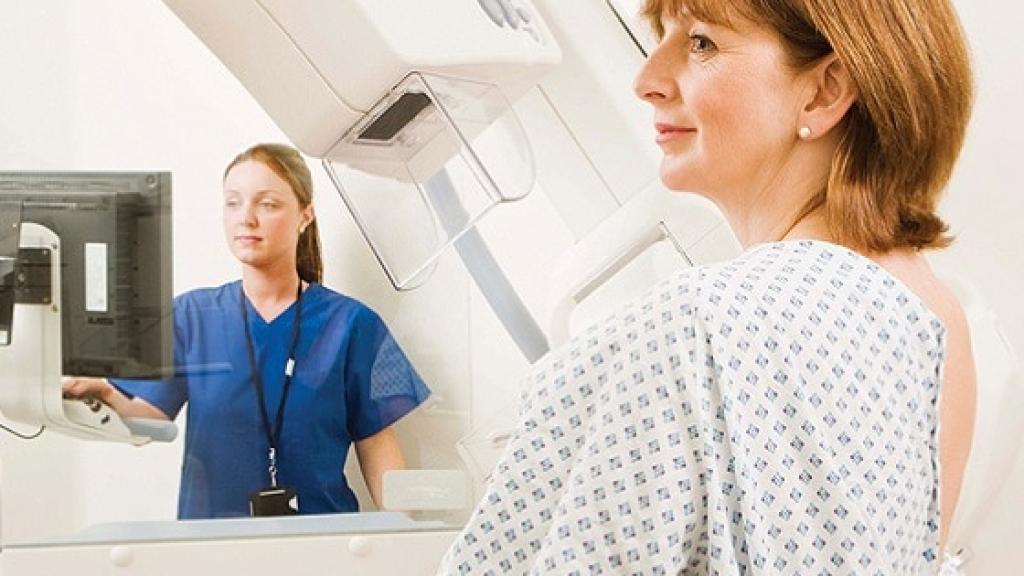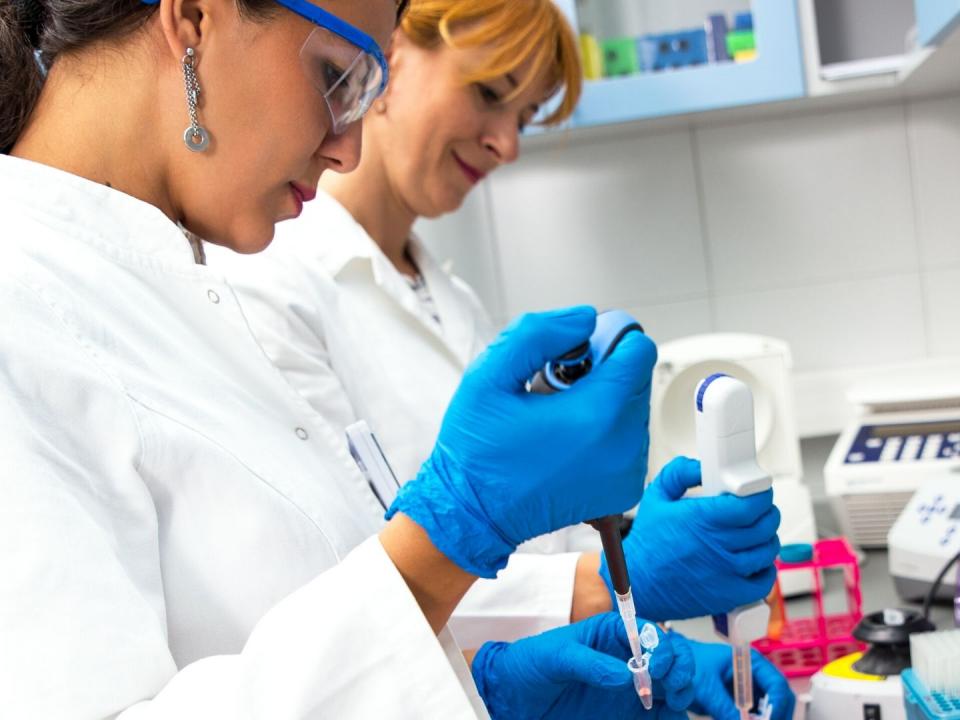
Cancer tests
Information about the standard tests used to diagnose and stage cancer
About cancer tests
Tests are used:
- To diagnose cancer.
- To find out more about your cancer – for example, how big it is, if it has spread or if it’s likely to grow quickly. This is called staging cancer.
- To see how a cancer might respond to particular treatments. For example, targeted therapies.
- To check your general health, for example, before surgery.
- To see how well you are responding to treatment.

Which tests for which cancer?
The type of tests you will have depend on the type of cancer. Read about a cancer type to see which tests are used to diagnose it or determine its stage.
Waiting on results
Waiting for the results of cancer tests can make you feel very anxious. If you are finding it hard to cope, you can talk to one of our cancer nurses. Call our Support Line on 1800 200 700 or drop into a Daffodil Centre.
It may help you to cope if you know how long you will have to wait and how you’ll get the results. Ask your doctor or nurse:
- When do they expect the results?
- How will you find out your results? E.g. will they go to your GP? Do you need to phone for the results? Will you have another appointment at the hospital?
Types of cancer tests
The main types of tests are:
Blood tests
Blood tests can check your general health, and see how well your kidneys and liver are working. They can also check the numbers of the different blood cells and sometimes help to diagnose cancer or other illnesses.
Scans and X-rays
X-rays and scans give a picture of the inside of your body. They are used mainly for diagnosing cancer. Usually they are quick and painless.
If you are pregnant, breastfeeding or diabetic, let your doctor and technician know before you have an X-ray or scan.
Scoping tests
Scopes are when a tube with a camera goes inside your body to let your doctor see what is happening. Scopes can also have instruments attached, so that your doctor can take samples of cells. Scopes can be used to diagnose cancer or to give your doctor more information about your cancer after diagnosis.
Biopsies
A biopsy is a small sample of tissue removed from body. The sample is examined under a microscope by a doctor called a pathologist to see if it contains cancer cells or to give your doctor information about the type of cancer and how it might grow (the cancer grade).
Biopsy samples are often taken during scoping tests using special instruments, which are attached to the scope which goes inside your body. Samples may also be taken during surgery or using a needle.
Needle biopsy
A needle biopsy is when your doctor uses a needle to take a sample of cells or tissue from an affected area. The two most common needle biopsies are: fine-needle aspiration and core needle biopsy.
The procedure for a fine needle aspiration (FNA) is usually no more uncomfortable than a blood test. You can have a local anaesthetic injection before the procedure.
A core needle biopsy can remove more tissue than a fine needle biopsy. With a core needle biopsy, the doctor uses a hollow needle to take samples of tissue from the area. A local anaesthetic is usually given before a core needle biopsy.
If the lump is near the surface of your body and easy to get to, your doctor will put the needle in place by feeling the lump. If the lump is deeper or hard to feel, they will use an ultrasound scan or CT scan to guide the needle into the right place.
Your doctor takes some tissue and/or fluid from the lump into a syringe. A doctor called a pathologist will examine the biopsy tissue for cancer cells.
Other types of biopsy include:
Tests to examine cells and genes
Heart and lung function tests
- Lung function tests
- ECG
- Echocardiogram (ECHO)
Watch Siobhán's story
Endometrial cancer survivor Siobhán Hayes shares her experiences and gives advice on understanding test results.
For more information
Phone
1800 200 700
